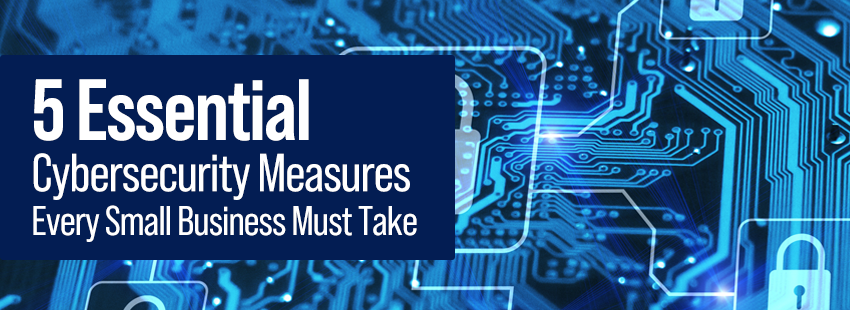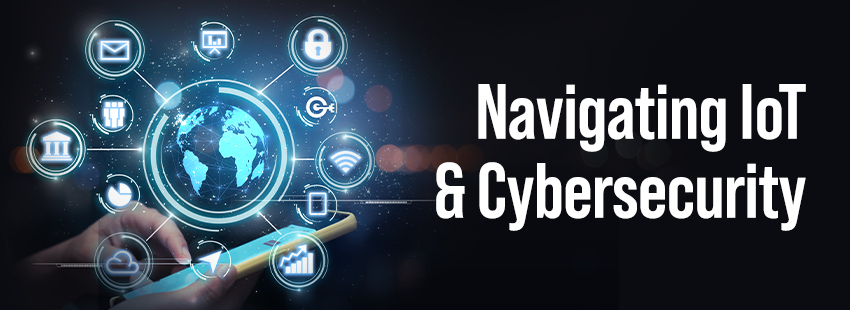In today’s digital age, cybersecurity has become a top priority for businesses of all sizes. Small businesses, in particular, are vulnerable to cyber threats due to their limited resources and lack of knowledge about cybersecurity. In this blog, we’ll discuss the 5 essential cybersecurity measures that every small business must take to protect themselves from cyberattacks.
Install Antivirus and Antimalware Software
Antivirus and antimalware software are essential cybersecurity tools that every small business must have. These tools protect computers and other devices from malicious software that can harm or steal data. Antivirus and antimalware software should be installed on all devices used by employees, including computers, laptops, and mobile phones. It is important to keep the software up-to-date to ensure that it can detect the latest threats.
Use Strong Passwords
Weak passwords are one of the most common reasons for data breaches. Small businesses must ensure that their employees use strong passwords to protect their data. A strong password should be at least 12 characters long and include a mix of upper and lower case letters, numbers, and special characters. Passwords should be changed regularly and should not be shared among employees.
Secure Wi-Fi Networks
Small businesses often use Wi-Fi networks to connect their devices to the internet. However, these networks can be vulnerable to cyberattacks if they are not secured properly. Small businesses must ensure that their Wi-Fi networks are secure by using strong passwords, enabling WPA2 encryption, and disabling SSID broadcasting. Employees should also be trained to avoid connecting to public Wi-Fi networks that may be unsecured and pose a security risk.
Regularly Backup Data
Small businesses must regularly backup their data to protect it from data loss due to cyberattacks or other disasters. Backup data should be stored in a secure location and should be encrypted to prevent unauthorized access. Small businesses can use cloud-based backup solutions to store their data, which provides a cost-effective and secure way to backup data.
Train Employees on Cybersecurity Best Practices
Employees are the first line of defense against cyber threats. Small businesses must ensure that their employees are trained on cybersecurity best practices to prevent cyberattacks. This includes regular training sessions on identifying phishing emails, safe browsing habits, and how to handle sensitive data.
Conclusion
Small businesses are vulnerable to cyber threats due to their limited resources and lack of knowledge about cybersecurity. However, by taking these essential cybersecurity measures, small businesses can protect themselves from cyberattacks and ensure the safety of their data. Installing antivirus and antimalware software, using strong passwords, securing Wi-Fi networks, regularly backing up data, and training employees on cybersecurity best practices are crucial steps that every small business must take to ensure cybersecurity.





